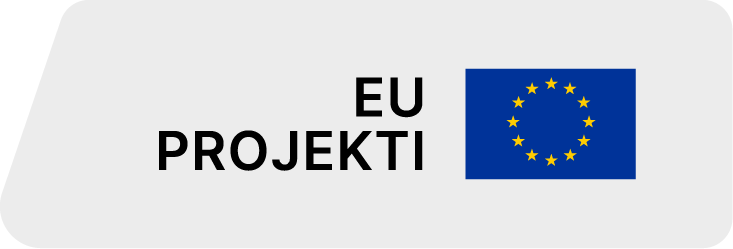For far too many businesses, email security isn’t a concern until it’s too late. Often, organizations don’t take threats against email seriously, believing that big data breaches only happen to large enterprises.
How secure is email?
Techtarget says that by default, email is not secure for a variety of different reasons.
The original implementation of email protocols, including Simple Mail Transfer Protocol, Internet Message Access Protocol and Post Office Protocol 3, did not mandate the use of secure transport mechanisms, such as Secure Sockets Layer (SSL) and Transport Layer Security (TLS). As such, connections to and from an email server were not done over an encrypted tunnel, which means that an intercepted message could have potentially been read by anyone.
Common examples of data loss through email include:
→ Sending an organization’s files or data to private email accounts via company email.
→ Sensitive data leaving the organization by way of user negligence or compromised accounts.
→ A malicious insider actor sending sensitive data and files to external competitors, news sources, and websites. Often the intent is to commit fraud, sabotage the organization, or steal proprietary data.
→ As a result of phishing and malware attacks or adware and spam, well intentioned internal users unwittingly cooperate with bad actors to exfiltrate critical data and IP.
It’s imperative that organizations have strong visibility and control into their outbound email to protect intellectual property from targeted attacks as well as accidental exposure. The technology that accomplishes this is Data Loss Protection (DLP). Email security combined with all the new advances in DLP that discovers, protects, and controls sensitive information is essential in controlling the important email vector.
Forcepoint DLP for Cloud Email Solutions
Forcepoint simplifies deployment of DLP for Cloud Email by working inline with your existing email security vendor to scan outbound emails. Utilizing DLP for Cloud Email Universal connectors, Forcepoint integrates popular third-party vendor products such as Google and Microsoft to forward all or selected outbound emails to the Forcepoint Cloud.
There, Forcepoint DLP scans according to the DLP policies and actions according to your pre-defined DLP plan. Emails can be permitted, quarantined, or encrypted (with the separate encryption module) before sending. Notifications are sent on quarantined email, which can be configured to be retained for up to 30 days unless released by an authorized administrator. In order to maintain the reputation of an organization, all outbound emails are also scanned for spam, viruses, and malware.
Ask us for personal demonstration of Forcepoint DLP!





